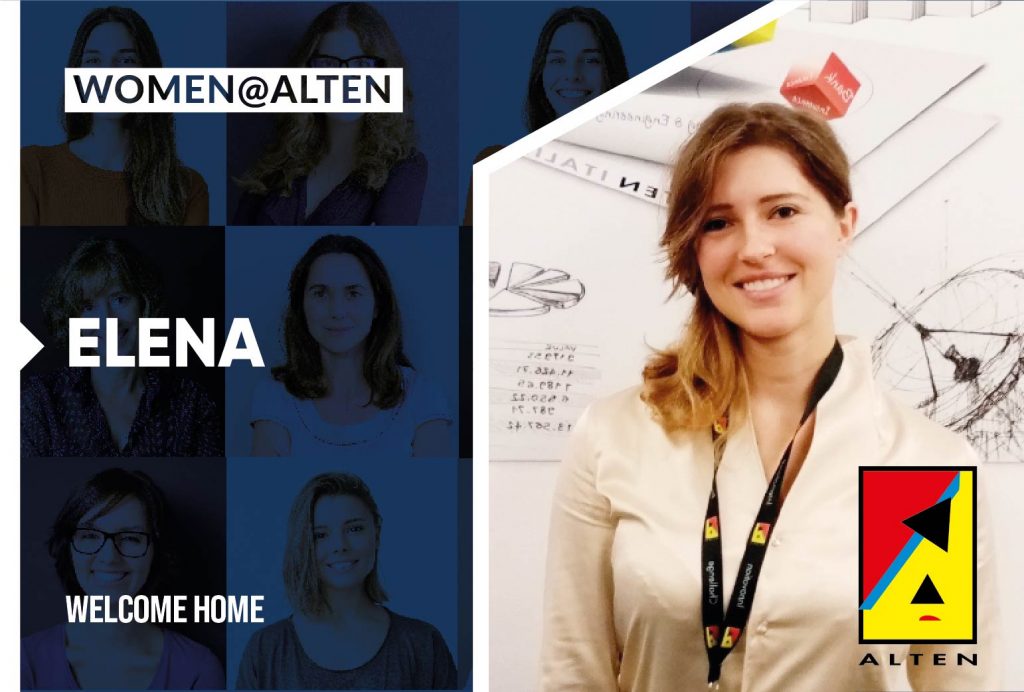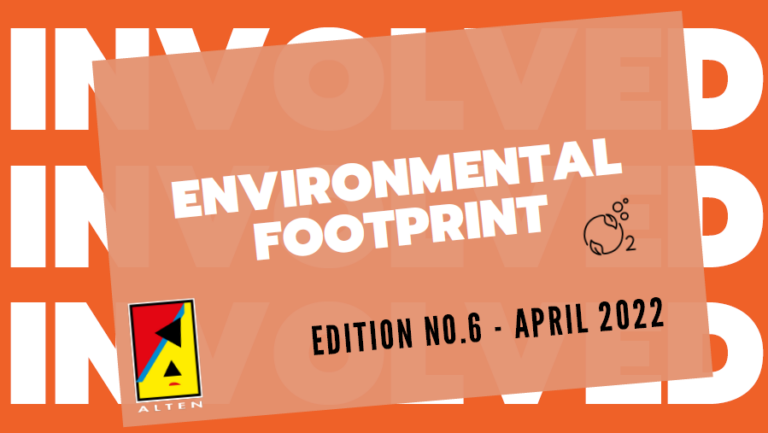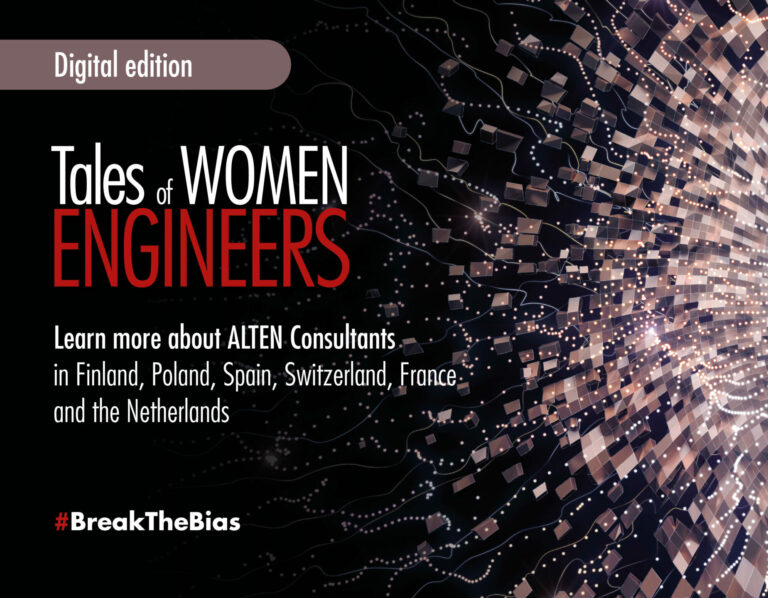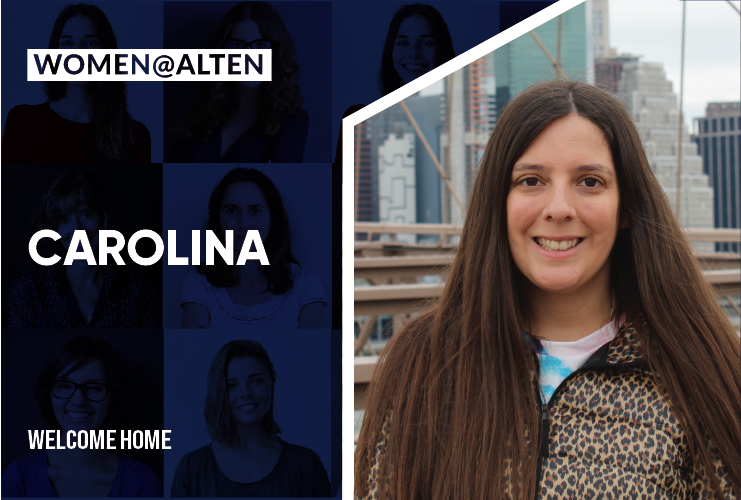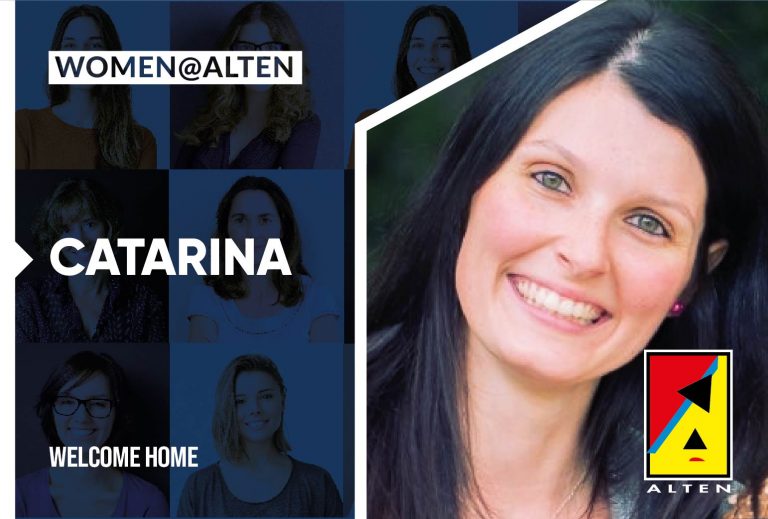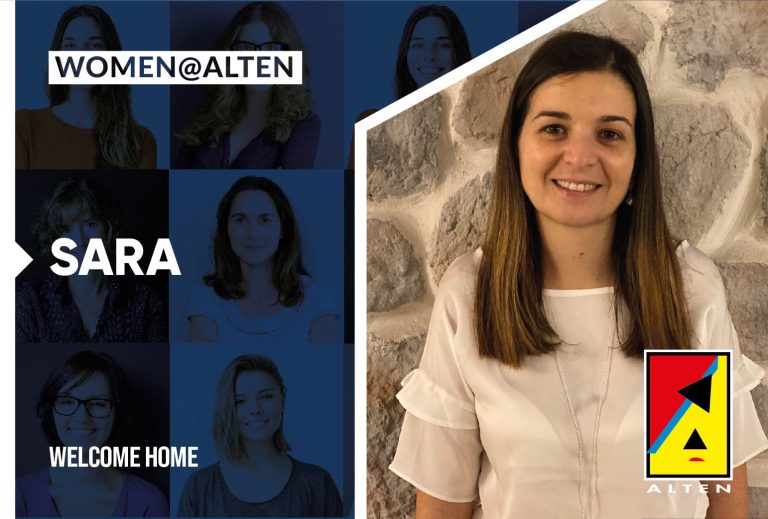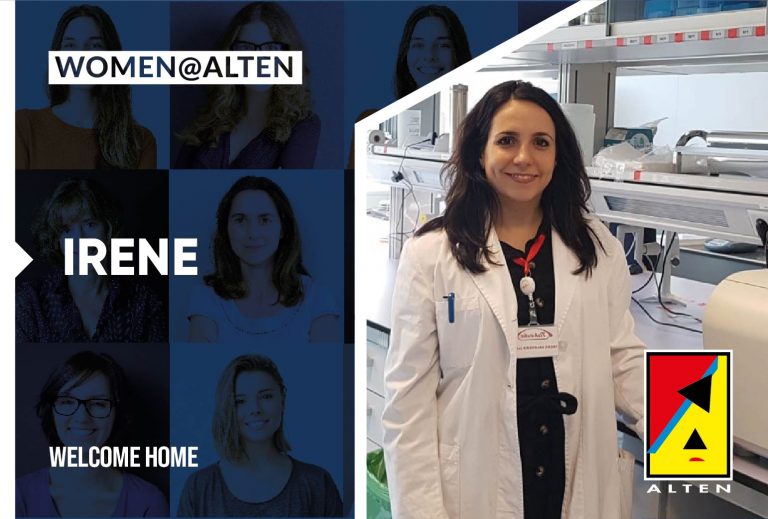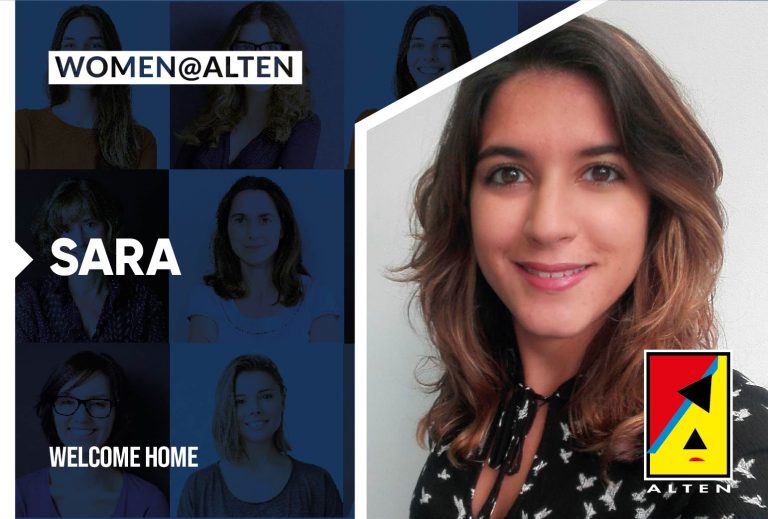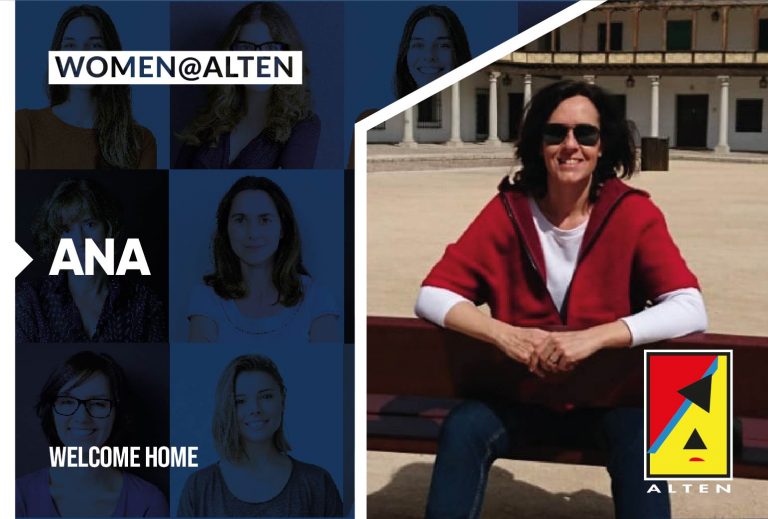Elena,
SCADA Developer
I’m Elena. I have a master’s degree in Biomedical Engineering. I have been working at ALTEN for about two and a half years and I am involved in the development and testing SCADA applications in the railway sector.
Question: What specifically is the project you are working on and what role do you play in it? Answer : After I was hired by ALTEN Italy, I was immediately included in the SCADA team, of which I am currently part. I started with smaller projects concerning some Italian railway lines. Currently, I am the Technical Manager for a project that consists in creating SCADA applications (i.e. field data collection and diagnostics) for 3 lines of the Milan Metro and a new railway line in Romania. I am in charge both of modelling the entities for the creation of a correct database and of programming and creating the graphic interface of the application. This one will be the one through which the final user can perform remote controls and commands directly on the objects in the field. Being responsible for this involves having to continuously interface with the client, take care of most of the developments, manage and coordinate the work of colleagues who collaborate with me on this project.
Q: How is the team you work with and what do you like best about the work you do? A : Now the team I work with is made up of 3 permanent people on-site and 2 on clients. Every day I work with my team manager and a colleague. I get along very well with them because they are competent people from a work point of view and very sociable and nice from a human point of view. I can talk to them about anything, and the days go by faster. It’s very comforting to work in a professional environment like this; especially when the client is putting pressure on you, it’s important to know that you have someone around you who is trying to lighten things up and not make them even heavier.
As an extremely curious person, I’ve always liked the idea of not having something monotonous to work on. This activity allows me to deal with programming, database organization, documentation, creating graphical interfaces, interfacing with customers, travel… You never get bored, and even if you are always on the same project, there are so many facets you can work on that it is difficult that one day will be the like another. Besides, the activities I am following have allowed me to make many new experiences, such as international trips and test sessions with night shifts at the client’s premises.
Q: Was your interest in Biomedical Engineering a vocation?
A: When I finished high school, I didn’t have a clear idea, but the only thing I was sure of was “engineering NO!” because I hated mathematics. I tried medicine and physiotherapy, but I wanted the security of a Faculty with an open number, so I wouldn’t risk staying a year without doing anything in case I didn’t pass both entrance exams. That year they added also the Faculty of Biology with a closed number of students, so the only alternative vaguely relevant to my idea remained Biomedical Engineering. I was so opposed to the idea of doing engineering that I didn’t even know what the degree course was about in general. I didn’t pass the other two tests, so I resigned myself to study the engineering courses… after the first three months of class, love had broken out and I realized that I was made for it, and if I went back I would go straight to Biomedical Engineering. Then, following some courses in common with medicine, I had final confirmation that I was not suited for that kind of study and that my mental approach to situations and problems had always been related to being an Engineer, even though I had never realized it before. In hindsight, I am very happy to have done biomedical engineering, because it tends to give a more transversal training than other engineering courses.
Q: How do you remember your college years? A: I remember those years as a very hard period, but also full of satisfactions and good memories related to the people I lived that experience with. It taught me to use a rational mental approach not only applied to study but to any aspect of life, starting from the very consideration that in fact, every human being can be seen as a “machine”.
Q: Do you think that the engineer is still a figure/carrier mainly associated with men, or have you noticed a change in this trend? A : In my opinion, in some engineering courses I do think that, but in others not as much. For example, in biomedical, chemical or construction engineering, it was evident that the number of male and female students was quite balanced, in some years the majority was female. At the same time, in faculties such as a computer or electronic engineering, there was a practically total absence of women. In my opinion, this beginning of change is also reflected in companies. At least for my short work experience, I could see that, in general, especially in companies with younger average age, there are many more pink quotas on all workers than before.
Q: Have you encountered any difficulties or obstacles because of being a female engineer?
A: I’ve never faced any particular obstacles or difficulties in being an engineer woman. But I did live, now and then, some sexist jokes, more at the university level. I have never come across gender bias at work level. However, I think that at a general level and so not necessarily related to engineering area, there are still some situations in which it happens that, if you are a woman, especially if you are good-looking, you have to show something more to receive the same consideration in terms of esteem and attitudes as your male colleagues. In any case, I believe that determination, commitment and results speak for us. It is just with facts that can we silence those people who, even today, still doubt a woman engineer. The fact that I have met few of them, gives me hope and affirmation that perhaps we are going in the right direction: especially in “young” companies, I notice more and more female engineers occupying important positions.
Q: What do you think is the value that ALTEN brings to your project? A: I can say that, in the different phases of my projects, especially in the most difficult moments, I have received from ALTEN the support necessary to overcome the obstacles that have been placed in front of me. This has made me feel valued for the tasks I have carried out. I think it is important that a person entrusted with certain responsibilities feels motivated and supported, so I think it is a fundamental value that enables me to work as well as possible on the projects I carry out.
Q: Why should a woman choose to work at ALTEN? A: Because I don’t think ALTEN favours either gender, and I think that’s the correct thing to do. It doesn’t claim that, as a woman, you have to prove something more than your male colleagues. I mean, it doesn’t benefit you just because you are a woman rather than a man, and vice-versa. This makes me feel comfortable in the environment in which I work. It makes me appreciate the results I have achieved because it gives me the awareness that I have deserved them.
Thank you for telling us your story, Elena! Read more stories like hers, on our section of Women at ALTEN.



